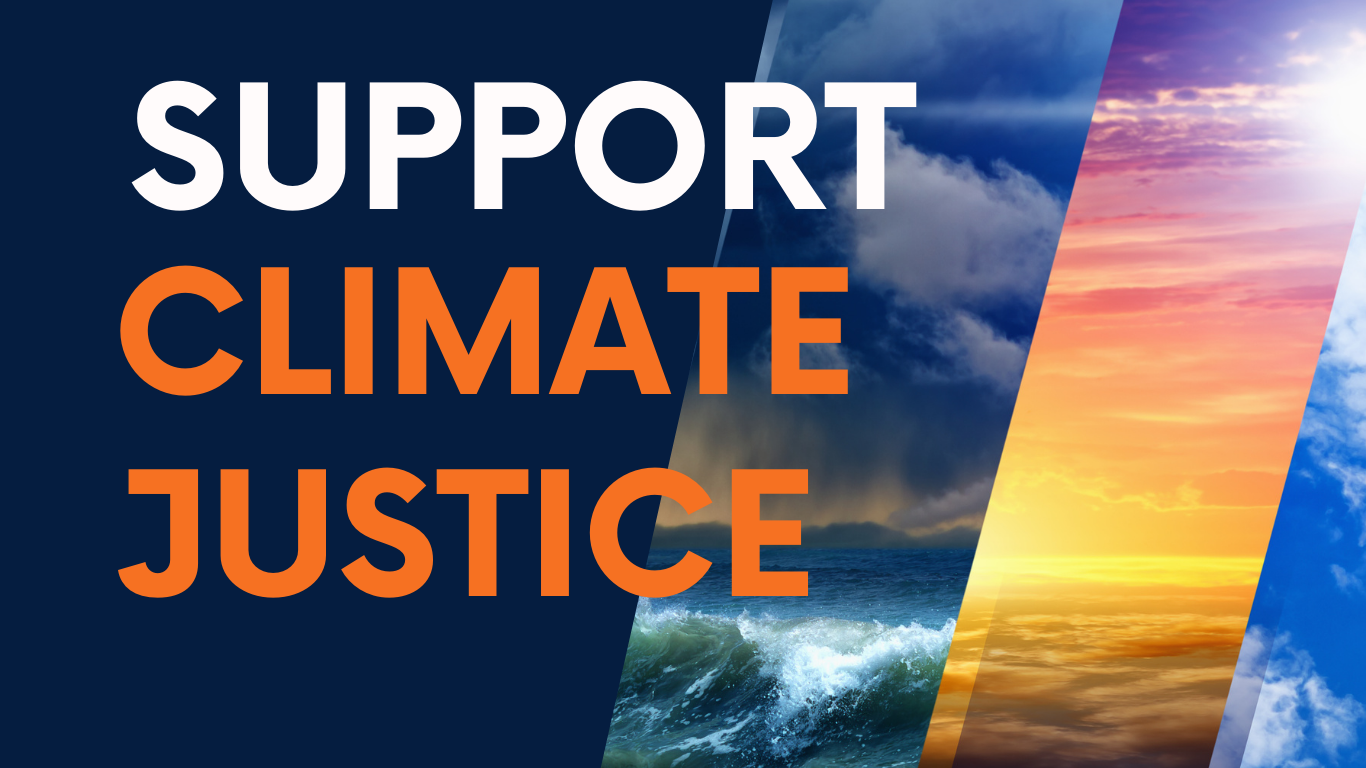While an agreement to triple the current commitment on climate finance flows to developing countries was met at COP29, this deal is seen as insufficient by experts and the most vulnerable countries.
By Marco Lopez
The pledge by the developed world to allocate $300 billion to least developed countries at the eleventh hour in Baku, Azerbaijan’s UN Climate Conference was rightly received with disgust and discord by the global south.
COP29 ended with a $300 billion pledge from the developed world despite calls for at least $1.3 trillion to be earmarked to support the most vulnerable countries.
This new collective quantified goal (NCQG) replaces the $100 billion commitment – which expires in 2025 – and, of note, was never achieved. Now, the new NCQG remains a far cry from what is needed to address the climate challenges of the developing world.
Following a walkout of negotiations staged by the Alliance of Small Island States (AOSIS) after the proposal of the $250 billion quantum, an additional $50 billion was added to the commitment.
In a statement released before the finalization of the text, AOSIS pointed to its deep disappointment with the draft.
“The proposed $250 billion a year by 2035 is no floor, but a cap that will severely stagnate climate action efforts,” AOSIS stated.
The release goes on to describe this initial commitment by the global north as an investment goal that is but a fraction of the $1.3 trillion needed to protect our world from the most disastrous impacts of climate change. “It does not raise the bar from the previous ineffective $100 billion goal,” the release said.
One issue with the text is that it ignores the minimum allocation of funds for SIDS and LDCs which request at least $39 billion and $220 billion, respectively to tackle climate challenges.
“The Cuban delegation profoundly regrets the insufficient outcomes obtained regarding climate finance,” the representative from Cuba said at the closing of COP29. “The scope of the decision adopted demonstrates the lack of agreement between our developed country partners in the face of the global panorama of climate change and reflects a clear intention to renounce the responsibilities which have been historically and legally shouldered and recognized by the Paris Agreement,” the Cuban delegation commented.
A heartfelt presentation from the delegation of India seemed to have stopped time at the closing ceremony. “We had informed the secretariat that we wanted to make a statement prior to any decision of the adoption, however, and this is for everyone to see, this has been stage-managed and we are extremely disappointed with this incident,” the India delegation said.

“Trust is the basis for all action, and this incident is indicative of a lack of trust, a lack of collaboration on an issue with is a global challenge which is faced by all of us and most of all by the developing countries that are not responsible for it,” they pointed out.
Speaking on the NCQG, the delegation pointed out, “The goal is too little, too distant, it is 2025 – it is too far gone – our 2030 estimates say that we need $1.3 trillion per year till 2035…it does not address the needs and priorities of developing countries, it is incompatible with the principles of CBDR – RC (Common But Differentiated Responsibility) and equity.”
Various other countries (Nigeria, Malawi, and Bolivia) from the global south gave their voice in support of the position of India.
UN Climate Change Executive Secretary Simon Stiell highlighted that the new finance goal agreed in Baku is an insurance policy for humanity.
“This deal will keep the clean energy boom growing and protect billions of lives. It will help all countries to share in the huge benefits of bold climate action: more jobs, stronger growth, cheaper and cleaner energy for all. But like any insurance policy – it only works – if the premiums are paid in full, and on time.”
The European Union, of note, praised the adoption of the new climate finance goal, saying that it put the world along the path to achieve the wider $1.3 trillion dollar goal. “We are living in a time of truly challenging geopolitics, and we should not simply think it will get better,” the EU delegation’s representative said.
“In my view, COP29 will be remembered as the start of a new era for climate finance, and the European Union and its member states will continue to play a leading role, and we have worked hard with all of you to ensure that there is significantly more money on the table, we are tripling the 100 billion goal, and we feel that it is ambitious, it is needed, it is real and it is achievable.”

The final deal “encourages” developing countries to make contributions on a “voluntary basis.”
While the least developed countries were incapable of bolstering the force needed to achieve the necessary financial goal which was the hope of this COP, the strong objections aired by developing nations sent a strong signal. The UNFCCC process needs a critical overhaul to truly deliver cooperative action.







